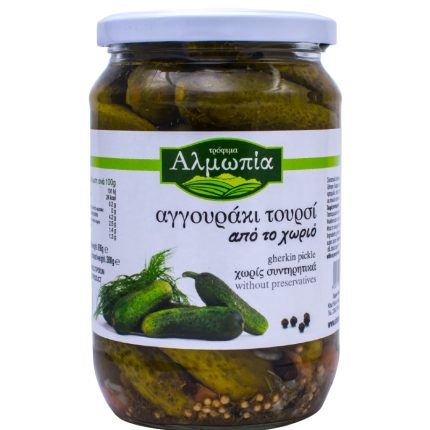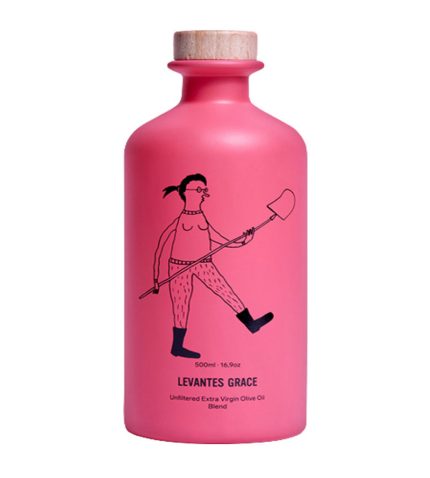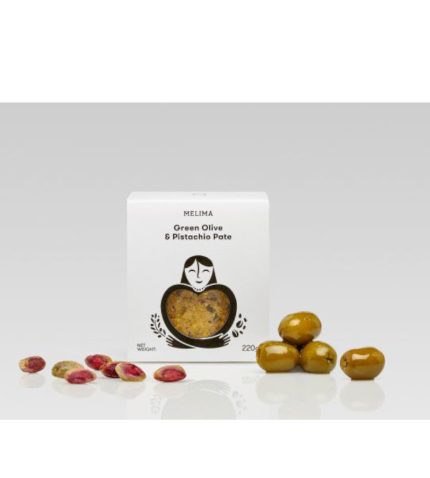Malotera Tea of Crete cut
6.42€ – 22.26€ tax inc.
Description
The Latin name of the herb is Sideritis syriaca and we find it under the names malotira, mountain tea and sweet nightshade. The name malotira comes from the Italian words male (disease) and tirare (to drag). In Venetian-occupied Crete it was considered a panacea for colds and respiratory ailments. It belongs to the Heilantha family which includes about 80 species, which grow in the Mediterranean countries, the Canary Islands and Northern Asia. In Greece, 17 species grow naturally at high altitudes (over 1000 meters), the most common of which are the malotira (Siderites syriaca), the Vlach tea (Sideritis athoa - which they call on Mount Athos betonika), the malevo tea or Taygetus tea (Sideritis clandestina), Evia tea or Delphi tea (Sideritis euboea), Olympus tea (Sideritis scardica) and Parnassos tea or Veluchio tea (Sideritis raeseri). It grows in dry and barren places throughout the mountain mass and is an important fodder plant, especially of the tall madara.(Madares, another name for the White Mountains, madaros = sparse, without vegetation). Malotira is a perennial plant whose height ranges from 10 to 50 cm. It has thin and round branches that are covered along their entire length with abundant fluff. Its leaves are similar and their length is from 1-6 cm, thick, slightly fleshy, long, elliptical and they are also covered with fluff. Its flowers form corymbs and their color is yellow-white. It is a delicious and aromatic herb, very popular among our fellow citizens. Unfortunately, however, overgrazing and excessive demand both in Crete and the rest of Greece endangers the conservation of these species. The only solution seems to be the cultivation of siderite throughout Greece, which is done today, only for Parnassos tea (since the late 60s) and malotira to a smaller extent. But there is definitely more cultivation to be done. The herb blooms from the end of June to the end of July. It is collected during its flowering and the above-ground parts are used for therapeutic purposes. Malotira acts as an anti-inflammatory, bacteriostatic, antioxidant, antimicrobial, stomachic, diaphoretic, tonic, anti-irritant and anti-anaemic. Research in recent years indicates that it acts against osteoporosis and cancer. It helps the digestive system and acts against colds. It is warming, tonic, diuretic and detoxifying. It is used for colds and respiratory diseases as well as for urinary diseases due to its diuretic effect. If we add cinnamon sticks and honey to the decoction, we have an excellent emollient and antiseptic for coughs. Finally, it is believed to be beneficial for the blood vessels of the heart.
More information
| Προέλευση προϊόντων |
Wide consumption |
|---|---|
| kg |
0.100gr ,0.250gr ,0.500gr |
Product code:
mtr__002923
Categories: Drinks - Teas, Food, Products Sold in Bulk




